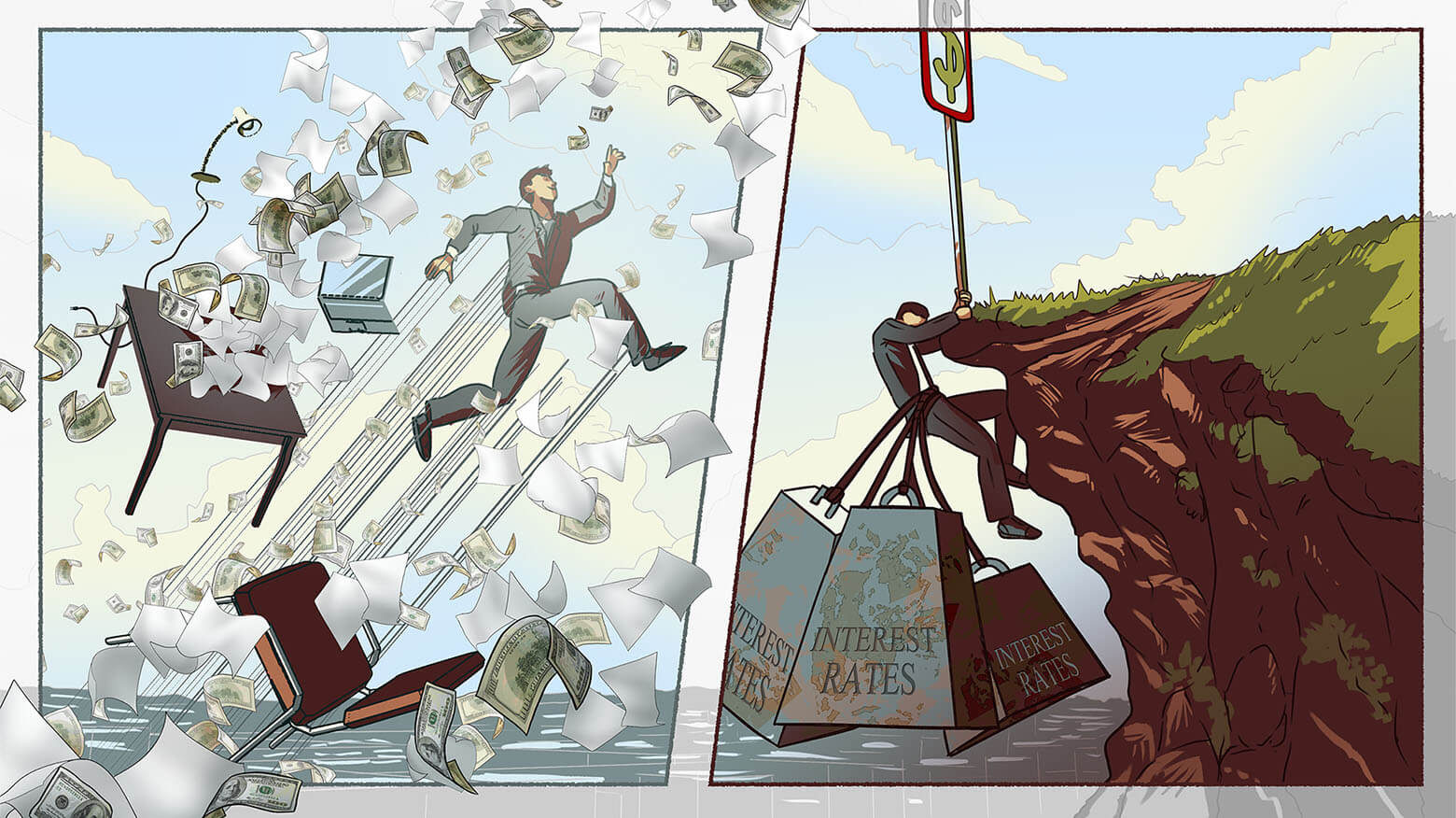The market has risen dramatically without looking back, ignoring every possible piece of negative domestic news (e.g. lower home sales, bankruptcies of subprime lenders). The reaction to the possibility of slowdown in the Chinese economy was an excuse for a correction. This correction has caught many with their pants down, due to the euphoria of the cyclical bull market. Most portfolios have been assembled for ‘return’, while paying little attention to risk.
Let’s get the facts straight. We don’t know if the Chinese economy will actually slow down, but even if it does, despite its populace, it’s GDP is still smaller (or close) than France. I don’t remember seeing a selloff in the US markets because the some incident in the French economy. A slowdown in the Chinese economy would have a significant impact on commodities and companies that produce them, as Chinese demand was the recent driver of commodity prices. However, a market selloff was telling investors that ‘as goes China, goes the U.S.’ – that is not the case. The inverse is more likely to be true. That was not why the market was down. Slower growth of the Chinese economy or even a dramatic slowdown is likely to shave off small bits of our domestic GDP growth – we sell a lot less to them, than they sell to us. In fact, the Japanese economy, which is three times the size of the Chinese economy, was in a dramatic recession for the past 15 years. However the US economy enjoyed some its best years of prosperity, during this period.
Investors should check their portfolio for exposure to the health of the Chinese economy, but that is something they should do regularly anyway. They should look at how much of their companies’ sales come from China. You don’t want to have a portfolio full of companies that sell only to the Chinese. Also make sure that you don’t have a portfolio full of commodity stocks, as they’ll be on the frontlines of the casualty list if the Chinese economy weakens dramatically. This drop in the market has created buying opportunities. Many U.S. companies that declined in price are not greatly impacted by what happens in China, or even by a slower growth rate of our economy.










0 comments